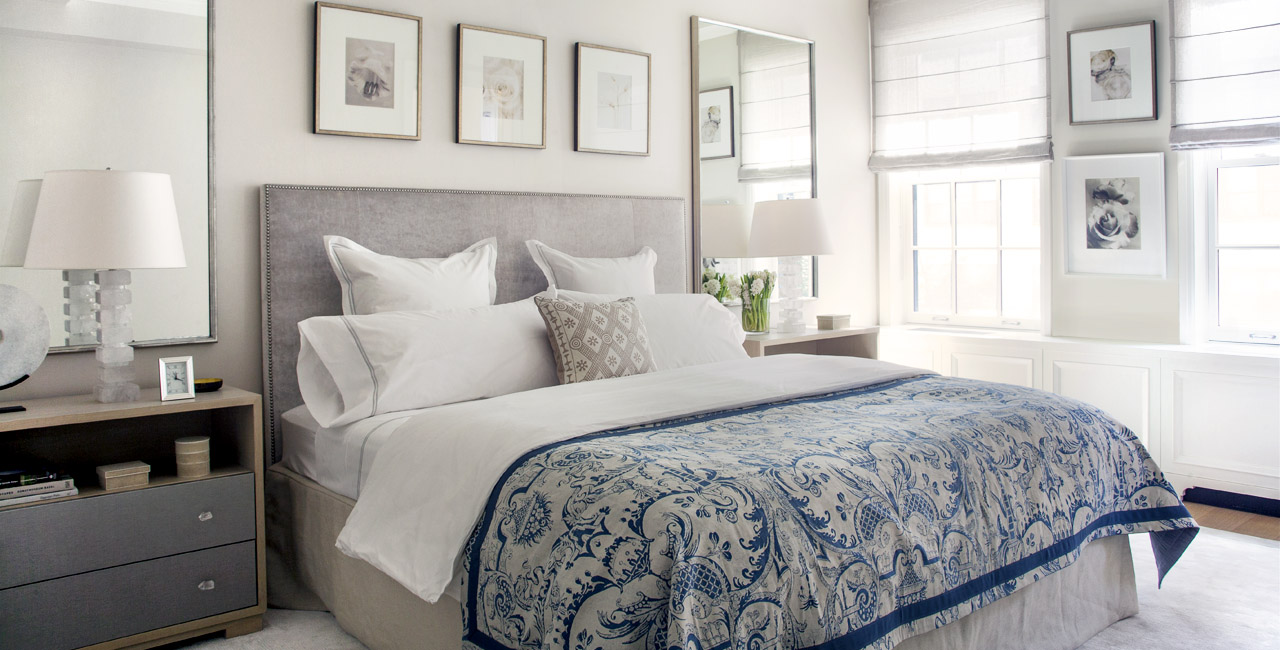Sounds like a dumb question, right? However, in reality, the reason you might not be sleeping as well as you should could have a lot to do with what’s going on in your bedroom.
According to the Better Sleep Council (BSC), the nonprofit consumer-education arm of the International Sleep Products Association, getting adequate sleep can positively impact every area of your life, from your productivity on the job, to your eating habits and fitness goals, to your relationships.
In fact, a recent survey from the BSC suggests that getting more sleep may be the key ingredient to keeping Americans on track for meeting their 2018 goals—27 percent chose getting more/better sleep as a resolution for the year, and those respondents also reported other health-related goals, such as exercising more (69 percent) and staying fit and healthy (68 percent).
Also, Americans surveyed who wanted to prioritize sleep in 2018 planned to do so by getting to bed earlier (65 percent), maintaining a consistent bedtime (62 percent), and having new nighttime routines (53 percent). Almost half of those surveyed said they also plan to upgrade their sleep environment by purchasing a new mattress or other bed-related items.
The BSC offers these other suggestions for improving your sleep habits:
Make daily sleep appointments. Develop a routine in which you go to bed at the same time and wake up at the same time every day.
Ditch the distractions. Avoid the distraction of social media and emails by setting your phone to automatically go into Do Not Disturb mode during sleep hours, and leaving your tablet and laptop in another room altogether. While you’re at, do you really need a TV in your bedroom? Opt for a pile of books on your nightstand as reading relaxes the mind and helps induce sleep, while screens keep your brain wired.
Analyze your bed. Consider whether it’s time for a new mattress. If you’re waking up a lot during the night to shift positions, it could be due to a mattress that’s not supporting you properly. Same for your pillows. Are they too soft, too firm, or just right? Also make sure your sheets, blankets and comforter offer the perfect balance of softness and warmth without making you overheated.
Keep it cool, even in the winter. A comfortable sleeping temperature is between 65 and 67 degrees Fahrenheit, so turn on an air conditioner or lower the thermostat before bed for an optimal sleeping climate. If cracking open a window gets you to that temperature range, all the better, as fresh air makes for even healthier sleep.
Consider your window treatments. If you’ve committed to getting to bed early, keep your window treatments sheer. Natural light filtering in as the sun rises will help wake your body naturally—the perfect way to start your day. However, if you can’t seem to ditch the night-owl habit, room darkening curtains or shades may be necessary to ensure you get the extra hour or two you need in the morning.
As you work on perfecting your nighttime sleep routine, remember that it’s not a bad idea to catch a power nap during the day if and when you can. A quick 20-minute snooze can work wonders and actually help you sleep better at night.


